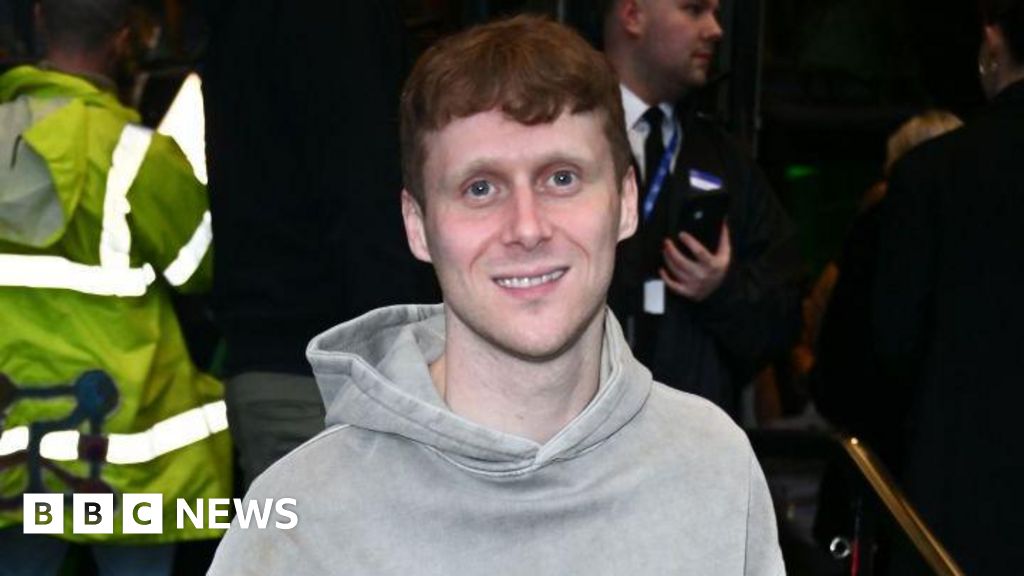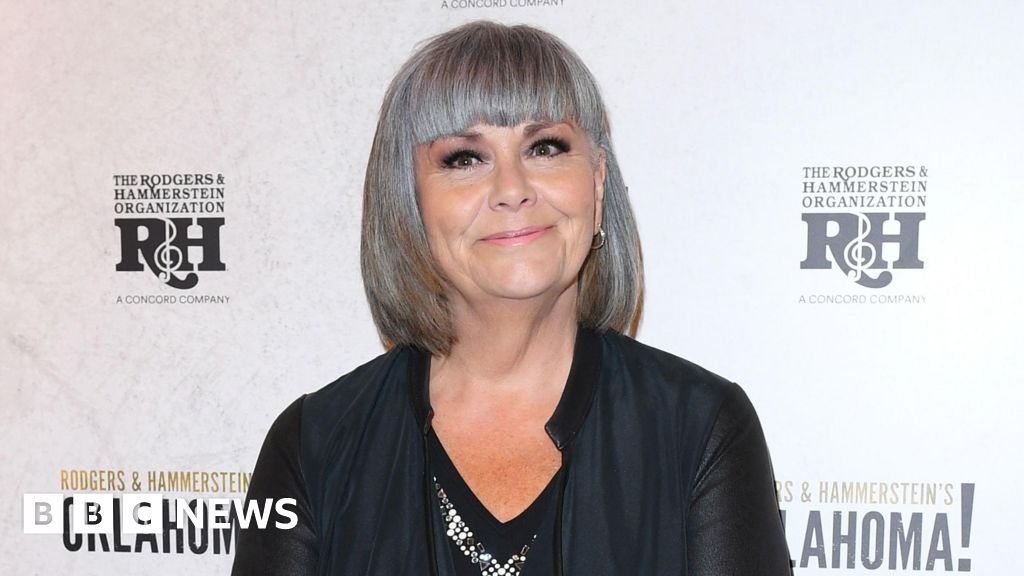ARTICLE AD BOX
Image source, PA Media
Image caption,Lord Grade started his career as a sports journalist in the 1960s
TV executive and businessman Lord Grade has been confirmed as the new chairman of UK media regulator Ofcom.
The former BBC chairman, who has been a Conservative peer since 2011, has been appointed by Culture Secretary Nadine Dorries for four years from 1 May 2022 to 30 April 2026.
The Department for Culture, Media and Sport says he will earn £142,500 annual salary for working three days per week.
Lord Grade said last week he was "privileged" to be asked.
The recruitment process has taken two years, with ex-Daily Mail editor Paul Dacre reportedly having been in the running at one stage. It was overseen by civil servant Sue Gray, who also carried out the recent "partygate" probe.
'Important role'
Ms Dorries said last week: "Lord Grade's experience at the highest level of a number of broadcasters and his expert knowledge of the British media landscape makes him an ideal candidate for this role."
She commented that Ofcom now has an "even more important role to play", saying the introduction of the Online Safety Bill will give it new responsibilities and resources to "ensure digital platforms tackle illegal and abusive material online".
"I am confident that under Lord Grade's leadership Ofcom will rise to the challenge with great success," she said.
Lord Grade added that Ofcom was "respected across the globe as a first-rate communications regulator", adding: "The role of Ofcom in British life has never been more important with new responsibilities on the horizon regulating online safety, on top of the ever-changing broadcasting landscape."
The former TV executive was confirmed in his role after appearing before the DCMS Select Committee for questioning earlier this week
Michael Grade was photographed outside BBC TV Centre in 1984
Lord Grade, 79, who started his career as a sports journalist in the 1960s, has formerly been chief executive of ITV, and also worked at Channel 4.
His father was theatrical agent Leslie Grade and his uncle was ITV founder Lew Grade. He joined the family business as a theatrical agent in 1966, before moving into TV in 1973.
Working at London Weekend Television, he poached Bruce Forsyth from the BBC and commissioned programmes such as The Professionals and the South Bank Show.
He joined the BBC in 1984 and became controller of BBC One two years later. There, he launched Dennis Potter's The Singing Detective, and purchased the Australian soap opera Neighbours for the channel's new daytime schedule.
Sir Bob Geldof said nobody else would have had "the bottle" to hand over the network to broadcast the Live Aid charity concert in 1985; while his other decisions included scrapping sci-fi favourite Doctor Who, and cancelling coverage of beauty pageants, calling them an "anachronism in this day and age".
Lord Grade accepted the post of chief executive of Channel 4 in 1988, where he helped to secure the rights to hit US shows like Friends and ER.
After leaving the channel in 1997, he worked for First Leisure, which operated nightclubs, bars and health and fitness clubs, before moving on to Pinewood and Shepperton film studios and taking a seat on the board of the Millennium Dome project.
He became chairman of the BBC in 2004, before heading up ITV in 2006 for three years.
Watch: The BBC's Amol Rajan explains the Ofcom decision to revoke RT's UK broadcasting licence
Ofcom has wide-ranging powers over television, radio, telecoms and postal services, dealing with licensing, complaints and much else besides.
Earlier this month, for example, the watchdog revoked the licence of Russian state-backed news channel RT, saying its parent body ANO TV Novosti was not "fit and proper to hold a UK broadcast licence".
RT's coverage of Russia's invasion of Ukraine had been under investigation by Ofcom, and the channel had already disappeared from UK screens. In response, RT, formerly named Russia Today, called Ofcom "a tool of the government".
And late last year, Ofcom confirmed that BBC Three was to return as a TV channel in February 2022 - six years after it moved online.

 3 years ago
50
3 years ago
50








 English (US) ·
English (US) ·